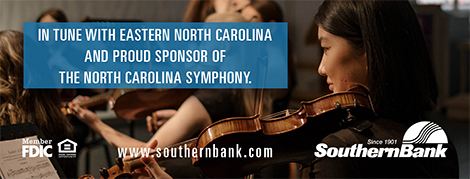Selections from Peer Gynt Suites 1 and 2
Edvard Grieg (1843-1907)
THE STORY
When the Norwegian playwright Henrik Ibsen asked Grieg to pen music for the third edition of his dramatic poem, Peer Gynt, in 1874, little did the composer realize the difficulty he would face. In the play, the satirical Peer Gynt wanders through a colorful life—seducing women, stumbling into the mountains of the Troll King, begetting a troll child by dreams, and visiting different countries—but is ultimately burdened by the guilt of squandering his life.
Grieg pronounced to his friend Frants Beyer that Peer Gynt was “the most unmusical of all subjects” and bemoaned his struggles: “I see to my sorrow how slowly I am working at present. […] I hope you understand that I am writing this in a rather dispirited mood. Tomorrow I shall probably regret bitterly what I have written, but that is just my nature.” Two years would pass before Grieg submitted the final composition to the national Christiania Theatre, which premiered the work in 1876.
Ten years after the Norwegian premiere, Grieg condensed the 22 individual musical pieces into the two suites we hear on this program and made substantial revisions to the score’s orchestration: “At the time I conceived it I felt something but now I know something, that is the difference. Life, color, and devilry have come into it, which certainly were not there before, so defective was the orchestration.”
The suites were an instant success. After Grieg’s death, the music was performed to two full houses in Berlin on the same night. The music became so popular on major stages throughout Europe and North America that arguably Ibsen owes much of the play’s fame to his fellow Scandinavian.
LISTEN FOR
- The pastoral exchange between flute and oboe in Morning Mood, beckoning listeners into the lush woodland mountains and fjords of Norway
- The contrasting Allegro furioso and Andante doloroso in The Abduction of the Bride that captures a brazen Peer and forlorn Ingrid. Peer abducts a betrothed Ingrid from her wedding and carries her off into the mountains as guests watch in horror. The next morning, Peer throws aside the heartbroken Ingrid, declaring his love instead for Solveig
- Piccolos, flutes, modal scales, and tinkling of the triangle and bells that imitate music of north Africa. In Act IV, Peer boasts of his unethical but savvy international trade routes from Morocco to China laden with artifacts, missionaries, rum, and Bibles
- The trolls of In the Hall of the Mountain King, where Peer is coaxed into marrying the Troll King’s daughter
INSTRUMENTATION
Two piccolos, two flutes, two oboes, two clarinets, two bassoons, four horns, two trumpets, three trombones, tuba, timpani, percussion, harp, strings
Notes on the music by Joanna Chang

